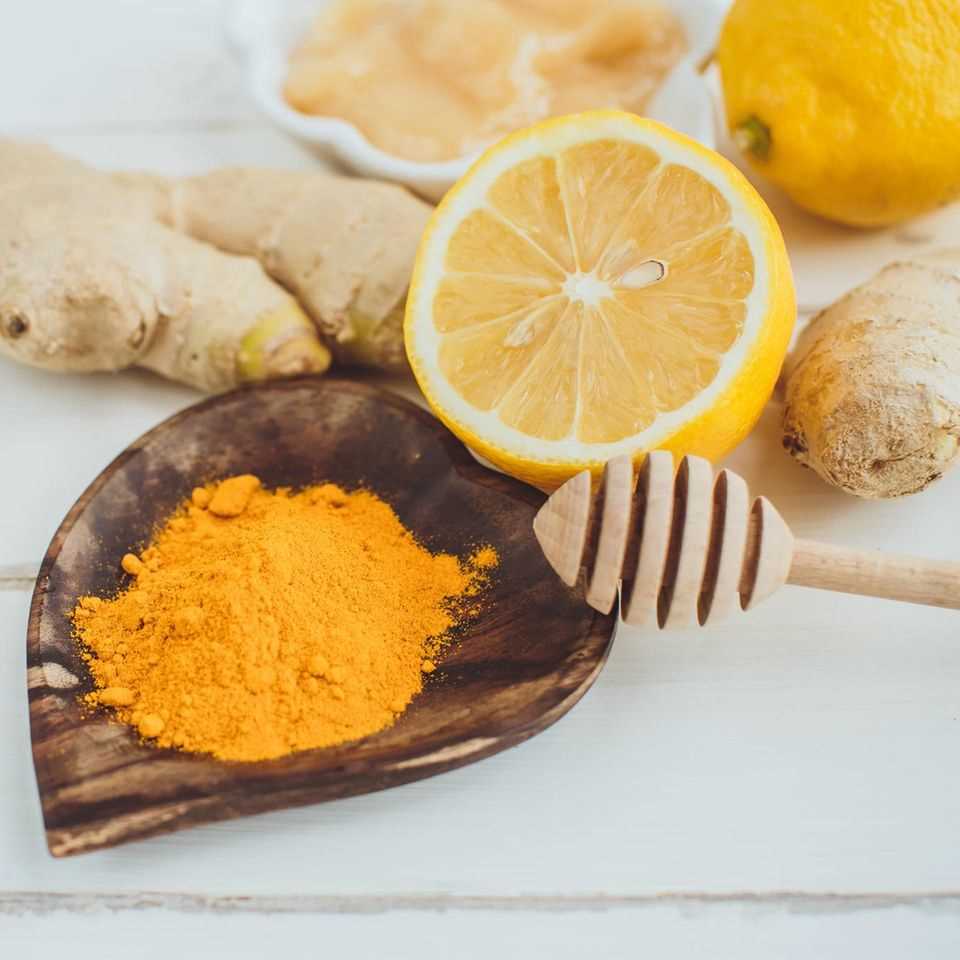Menopausal diet
These 6 foods can make menopause worse
© shurkin_son / Shutterstock
Menopause is a time of great change and many women suffer from severe discomfort. Certain foods can actually make these symptoms worse, so avoid them.
Most women between the ages of 45 and 55 go through menopause – also known as climacteric. For some, the symptoms are mild, except for the absence of menstrual bleeding, they hardly feel anything. Others, however, have severe symptoms, including hot flashes and sweats, mood swings, insomnia, and palpitations. And as estrogen levels drop during menopause, the risk of a heart attack increases in women of this age group.
There are foods that can make menopausal symptoms worse. So remove them from your diet if possible – or enjoy them in moderation.
6 foods that can make menopause symptoms worse
1. Caffeine
Coffee, black tea and the like contain caffeine, which in large quantities and depending on your sensitivity, can promote sleep disorders, inner restlessness and hot flashes. If you were sensitive to caffeine before menopause, you should be particularly careful with it during this time. Maybe you skip it for a while and or try to only drink coffee in the morning.
2. Alcohol
It looks similar with the drinks. Because alcohol also promotes typical menopausal symptoms such as hot flashes, sleep disorders and mood swings. So here you should always keep moderation and drink less or even nothing if it helps.
3. Salt
Water retention can also be symptoms of menopause. In this case, you should monitor your salt consumption, because salty foods promote storage. So a little caution is advised here – both when cooking yourself as well as with ready-made meals. They are often very heavily salted.
4. Spicy foods
You should also only consume spices such as chilli and pepper in moderation if you are already suffering from hot flashes and the like. Because our body reacts to spiciness with exactly that: heat.
5. Fast Food & Snacks
Junk food such as burgers, pizza, french fries and the like contain a lot of sugar and some trans fats. This also applies to many sweets and snacks, such as chips and granola bars. They are particularly rich in the harmful, saturated fatty acids. These, in turn, can promote the health-threatening abdominal fat – and the risk of this already exists due to the slowed metabolism during menopause. This also increases the risk of cardiovascular diseases.
6. Raw food
It may sound strange at first, but yes: You should also be careful with raw vegetables. Because raw food is actually more difficult to digest than cooked food. The falling estrogen levels during menopause make the intestines more sensitive. So if you eat a lot of raw vegetables and fruits, you’re only making his job unnecessarily harder. So you should at least not eat salad and Co. in the evening so as not to overwhelm your digestion at night.
Sources used: National Institute on Aging (US Department of Health & Human Services), vital.de, ugb.de


